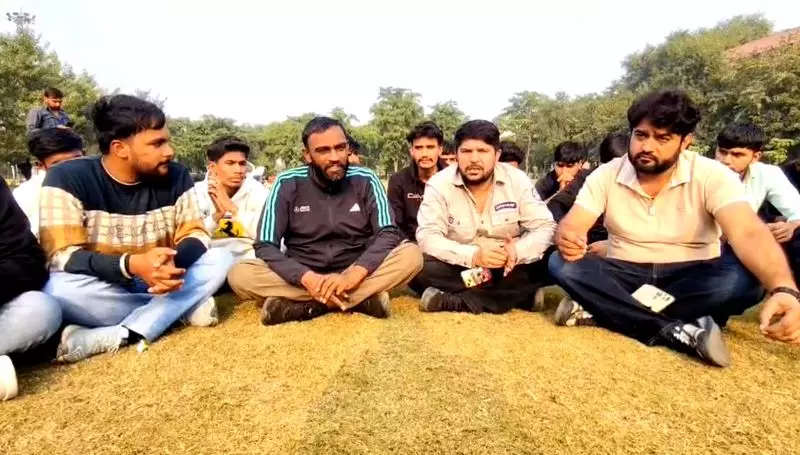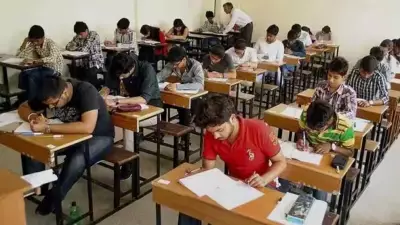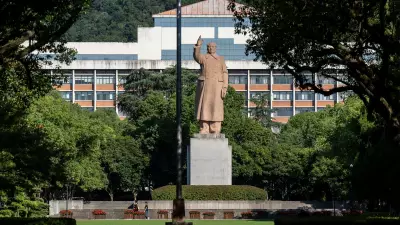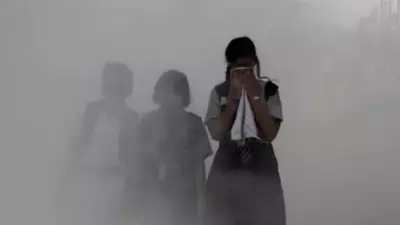
Student Leader Expelled from Rohtak University Following VC Residence Altercation
Maharshi Dayanand University (MDU) in Rohtak has taken strict action against a student leader, expelling him from the institution following an incident at the Vice-Chancellor's official residence. The university administration cited disciplinary violations and inappropriate behavior as the primary reasons for this decisive measure.
The controversy erupted when Ravinder, a prominent student leader and president of the MDU Students Union, allegedly engaged in conduct deemed unacceptable by university authorities. According to official statements, the incident occurred at the Vice-Chancellor's residence, though specific details about the nature of the altercation remain partially undisclosed.
University's Official Stance and Disciplinary Action
University officials have maintained that the expulsion decision was necessary to uphold institutional discipline and maintain the academic environment's sanctity. The order was formally issued on Tuesday, immediately barring Ravinder from participating in any university activities or accessing campus facilities.
In their official communication, MDU authorities emphasized that the student leader had violated multiple provisions of the university's code of conduct. The administration stated that such behavior toward the institution's highest authority could not be tolerated, as it set a dangerous precedent for campus governance.
The university has zero tolerance policy for any misconduct directed at administrative officials, particularly when it occurs at their private residence. This action sends a clear message about maintaining decorum and respecting institutional hierarchy.
Student Reactions and Campus Atmosphere
The expulsion has generated mixed reactions across the campus, with some students supporting the university's firm stance while others expressing concerns about student representation. Several student groups have begun discussing the implications of this decision on student leadership and the right to protest within educational institutions.
Sources within the student community suggest that the incident might have roots in ongoing disagreements between student representatives and university administration regarding various campus issues. However, the exact nature of these disagreements and how they culminated in the VC residence incident remains unclear.
This incident marks one of the most significant disciplinary actions taken by MDU against a student leader in recent years. The university, located in Haryana's educational hub, has historically seen active student politics, but direct confrontations at administrative residences are relatively uncommon.
Broader Implications for Student Politics
Education experts are watching the developments closely, as the case could set important precedents for how universities across Haryana and neighboring states handle student-administration conflicts. The balance between maintaining discipline and allowing legitimate student expression remains a challenging aspect of campus management.
The incident has sparked discussions about the boundaries of student protest and the appropriate channels for addressing grievances within academic institutions. Many are questioning whether the punishment aligns with the severity of the alleged misconduct.
University authorities have not indicated any possibility of reviewing the decision, suggesting that the expulsion might be final. This has left some student groups considering their next steps, including potential appeals to higher educational authorities.
As the situation develops, the campus community awaits further clarifications about the specific violations that led to this extreme disciplinary measure. The incident underscores the ongoing tensions that can arise between student leadership and university administrations in India's higher education landscape.





